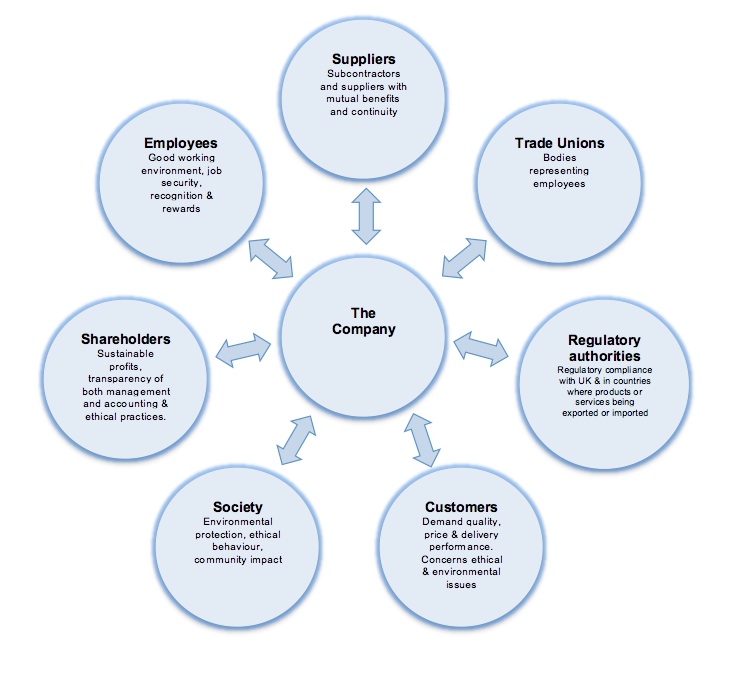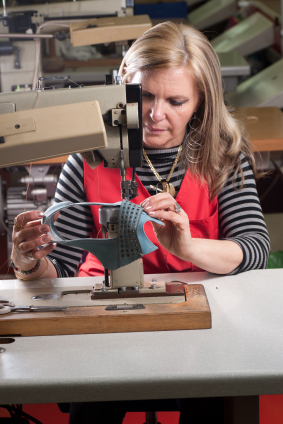HOWS Group is running a Health, Safety & Welfare seminar aimed at Owners, Directors and Managers of SMEs, on Tuesday 13th November 2012 from 8.15-09.45am, at The Core Business Centre, Milton Hill, Abingdon, Oxfordshire OX13 6AB.
The Health, Occupational, Welfare & Safety Group (HOWS Group) is a result of the collaboration of three complementary Oxfordshire businesses, bringing together the collective experience of three directors and other industry experts, to provide SMEs with up-to-date health, safety and safety legislation, together with best practices, advice and resources to benefit the health and welfare of their teams and business.
For all businesses to grow they need to pay attention to the Health, Welfare and Safety of staff, and for a busy owner this is yet another area that requires time which is in short supply. Ignoring it can be an expensive mistake both financially and in team performance, with an estimated cost to industry of £7 billion a year being attributed to getting Health, Welfare and Safety wrong.
For the cost of a coffee and croissant (£5), keep up to date with changes in legislation and topical issues affecting you and your business. Can your business afford to be left in the dark?
If you want to know HOW, join us 4 times a year for a breakfast session with a mix of serious and fun advice, information and guidance for the world of Health, Welfare and Safety all delivered with a practical common sense approach.
The November seminar will cover:
- Information regarding recent changes to health and safety legislation
- Advice and resources for people running a business, and the impact on their health
- Initiatives and developments within the sectors
- Health screening advice for SME owners
- A forum for group members to debate any key issues and their impact on the workplace
- Networking opportunity
For further information, please contact:
Rebecca Russell, Stepping Stones for Business Ltd, 0333 321 0131
Sarah Seaman, Whiteleaf Training Ltd, 01235 828 294
Alyson Fennemore, Manage Health Ltd, 0845 2222 208
About Manage Health Ltd
As independent health advisers backed by over 25 years’ healthcare experience, Manage Health delivers a host of solutions including Occupational Health services and Employee Assistance Programmes.
About Stepping Stones For Business Ltd
Stepping Stones for Business (SSFB) provides quality management and safety consultancy and training. With their head office in rural Oxfordshire, SSFB is a growing company with highly qualified and respected franchisees setting up regional offices throughout the UK.
About Whiteleaf Training Ltd
Whiteleaf Training are an HSE Approved First Aid training provider based in South Oxfordshire, offering a wide range of First Aid training courses including Health and Safety Executive (HSE) approved First Aid at Work courses.




